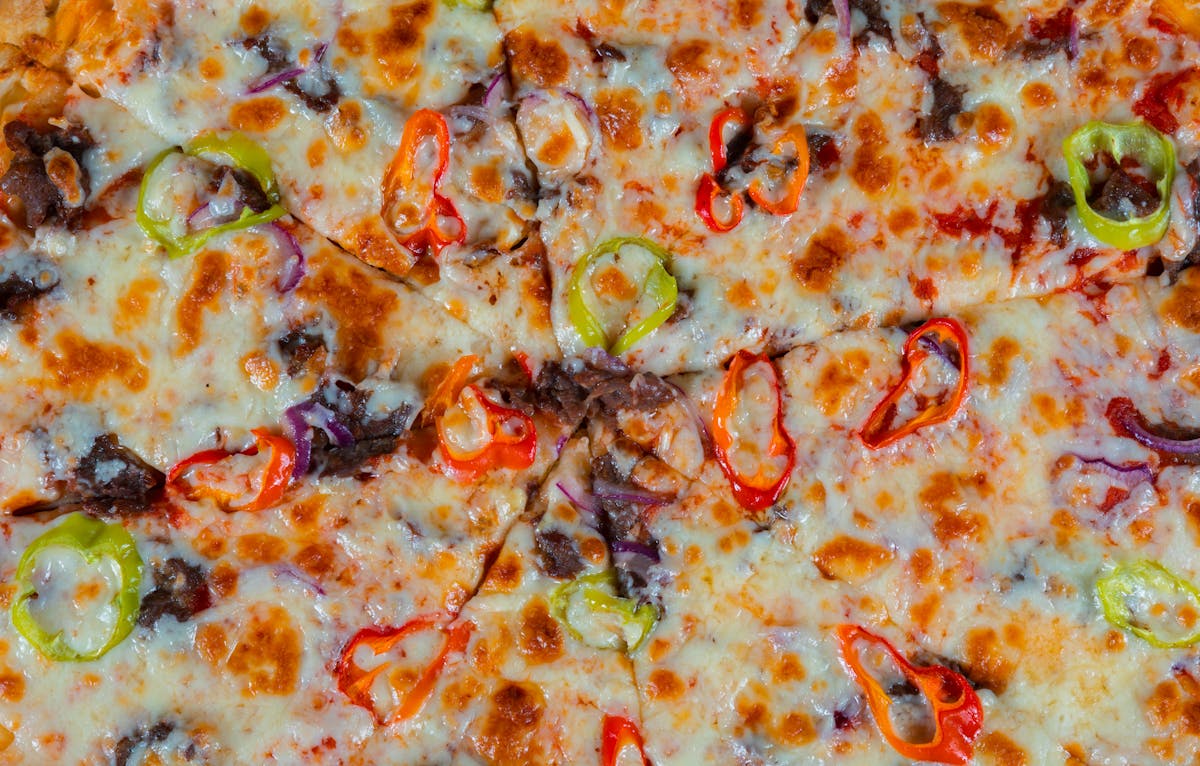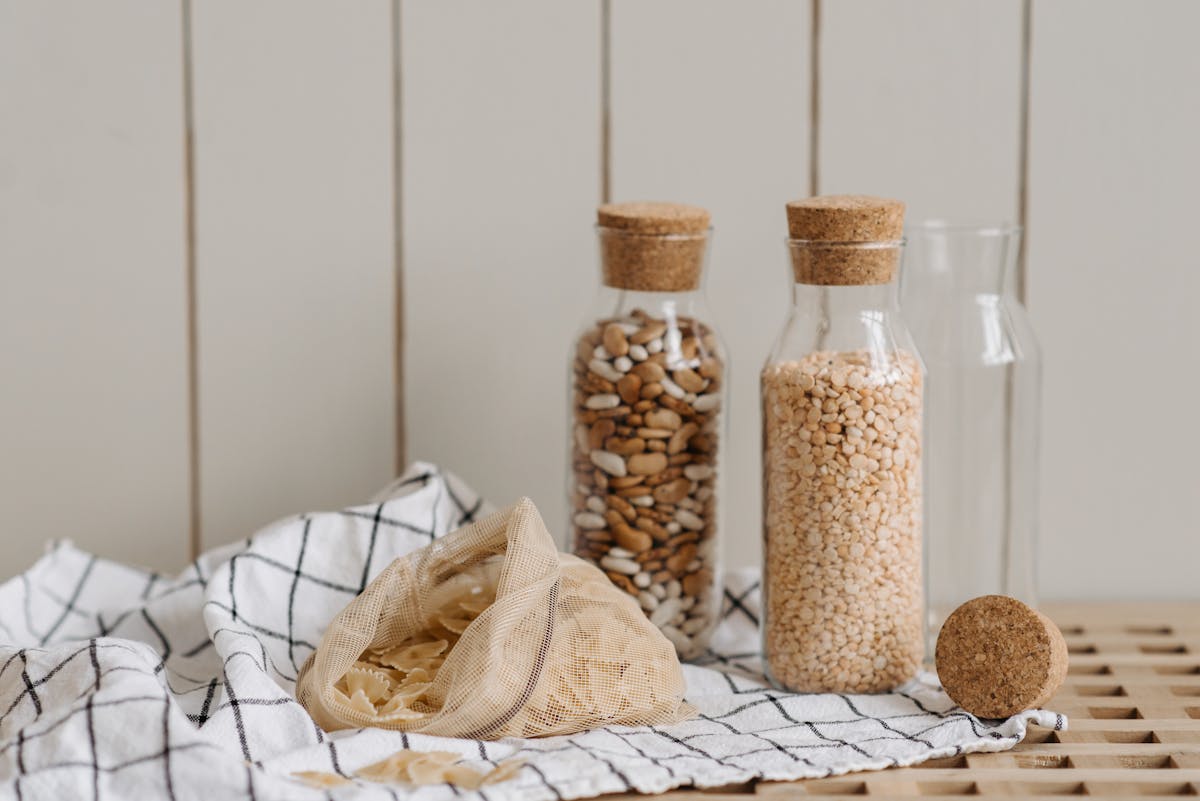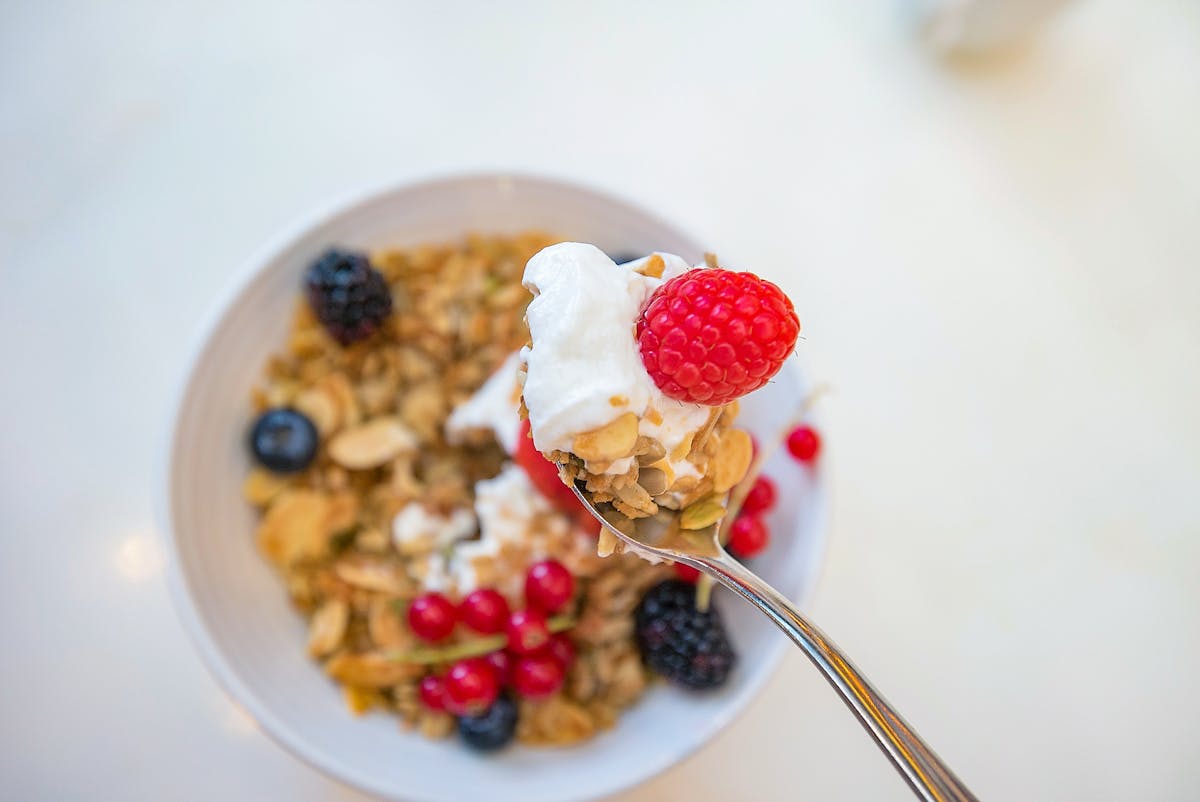Carnauba wax, often referred to as the “queen of waxes,” is one of the most versatile and sought-after natural waxes in the world. Harvested from the Carnauba palm (scientifically known as Copernicia prunifera), this remarkable substance is revered for its many applications, from cosmetics and pharmaceuticals to automotive and food industries. With a golden hue and remarkable hardness, Carnauba wax has earned its place in a wide range of products, making it a cornerstone of both everyday items and luxury goods.
In this article, we will explore the origins of Carnauba wax, its unique properties, and how it benefits various industries and consumers. Whether you’ve heard of it in a beauty product or noticed it on your car’s shine, understanding Carnauba wax can deepen your appreciation for this all-natural ingredient.
What is Carnauba Wax?
Carnauba wax is a plant-based wax derived from the leaves of the Carnauba palm, which grows predominantly in the northeastern regions of Brazil. The palm tree produces a thick, protective coating of wax on its leaves to shield them from the harsh sun and rain. This coating is collected and processed to produce a hard, shiny wax with many practical uses.
The process of harvesting Carnauba wax involves cutting the palm leaves, drying them, and then scraping the wax off the surface. Afterward, the wax is refined and purified to be used in various products, often in the form of flakes or powder.
Carnauba wax is prized for its purity and sustainability, and as it is biodegradable and non-toxic, it is a preferred choice for a variety of applications, especially when compared to synthetic alternatives.
The Unique Properties of Carnauba Wax
What sets Carnauba wax apart from other natural waxes is its unique combination of characteristics. These properties make it highly valuable across various industries.
- Hardness:
One of the hardest natural waxes, Carnauba wax is almost as hard as paraffin and significantly harder than beeswax. This makes it ideal for applications requiring durability and resistance to wear and tear, such as car polishes and shoe shines. - High Melting Point:
With a melting point of approximately 82°C (180°F), Carnauba wax can withstand higher temperatures than many other waxes, such as beeswax or paraffin. This makes it suitable for use in products exposed to heat, such as cosmetics and food coatings. - Shiny Finish:
One of the most notable features of Carnauba wax is its ability to provide a high-gloss finish. This characteristic is why it is widely used in automotive and furniture polishes, as well as in food and pharmaceutical products. - Non-toxic and Biodegradable:
Carnauba wax is entirely natural and biodegradable, making it an eco-friendly choice. Unlike many synthetic alternatives, it does not pose any health or environmental risks, making it safe for use in products that come into contact with humans and animals. - Water Resistance:
The wax has a natural ability to repel water, adding another layer of protection to products such as leather and wood, as well as helping to preserve the appearance of food products.
Carnauba Wax Uses: From Beauty to Food and Beyond
Due to its versatility, Carnauba wax is widely used across a variety of industries. Here are some of the most common and fascinating uses of this natural wax:
1. Cosmetics and Skincare Products
Carnauba wax is commonly found in a range of beauty products due to its texture and durability. In cosmetics, it is used as a thickening agent, emulsifier, and for its ability to give a smooth finish. Here are some of its key applications in beauty:
- Lip balms and lipsticks: It is used to create smooth, glossy finishes and to help the products maintain their shape in varying temperatures.
- Mascara: Carnauba wax helps to give mascara its water-resistant qualities and adds volume to lashes.
- Creams and lotions: It is often included as an emulsifier, helping the formulation stay together and enhancing the product’s texture.
- Hair products: Some hair gels and hair styling products contain Carnauba wax for its ability to provide a glossy finish without being greasy.
2. Food Industry
Though not a food itself, Carnauba wax is used in the food industry as a glazing agent and coating for various products. It provides a shiny, protective coating and can enhance the appearance and shelf life of foods.
- Fruit coatings: Carnauba wax is often used to coat fruits like apples and pears to preserve their freshness and give them a shiny finish.
- Candy: In candy manufacturing, it is used as a glazing agent, giving products like jelly beans and gumdrops their glossy appearance.
- Chocolate: is sometimes used as a coating for chocolate and confectionery to provide a smooth texture and prevent melting in warm conditions.
- Vitamin pills and tablets: It can be used as a coating in pharmaceuticals to make pills easier to swallow and protect the active ingredients.
3. Automotive and Furniture Polishing
has long been the go-to choice for polishing and protecting the surfaces of vehicles, furniture, and even musical instruments due to its hardness and ability to create a long-lasting, shiny finish. Car enthusiasts often use to polish their cars, as it produces a high-gloss finish that is both smooth and durable.
- Car polishes: Many car detailing products use for a glossy, protective layer that enhances the car’s paint and guards against environmental damage.
- Furniture polishes: Used to restore and maintain wood furniture, helps bring out the natural luster of wooden surfaces while protecting them from scratches and moisture.
4. Pharmaceuticals
In the pharmaceutical industry, Carnauba wax is used as a coating for tablets and capsules. It can help make pills easier to swallow and ensure they are released slowly and evenly within the body. Its use in pharmaceutical coatings is due to its high melting point and ability to withstand heat without compromising its effectiveness.
5. Industrial and Other Uses
Beyond consumer products, is also employed in several industrial applications, including:
- Polishing and buffing: It’s used in a variety of industries for polishing products such as shoes, leather goods, and even electronics.
- Candles: is sometimes blended with other waxes, such as paraffin or beeswax, to create candles that burn longer and cleaner.
- Coatings for paper and cardboard: can be used in the manufacturing of paper and packaging products to make them water-resistant and more durable.
Is Carnauba Wax Safe?
Yes, is considered to be safe for most uses. It is classified as a non-toxic, biodegradable substance, and because it’s derived from a plant, it is often preferred over synthetic waxes and coatings. Its use in food and cosmetics is generally recognized as safe by regulatory bodies such as the U.S. Food and Drug Administration (FDA) and the European Food Safety Authority (EFSA).
The Sustainability of Carnauba Wax
One of the standout benefits of is its sustainability. Since it is a natural product derived from the Carnauba palm, which thrives in Brazil’s tropical climate, its production supports local economies and provides jobs in rural areas. The wax is harvested by hand, and the palm trees themselves are not harmed in the process, allowing for a sustainable and renewable resource.
Frequently Asked Questions (FAQs)
1. What is Carnauba wax made from?
is derived from the leaves of the palm (Copernicia prunifera), which grows in northeastern Brazil.
2. What is Carnauba wax used for?
It is used in a wide variety of industries, including cosmetics, food production, automotive polishing, furniture care, and pharmaceuticals.
3. Is Carnauba wax eco-friendly?
Yes, is biodegradable, non-toxic, and sustainably sourced, making it an eco-friendly alternative to synthetic waxes.
4. Can Carnauba wax be used on food?
Yes, is used as a glazing agent in the food industry for products like fruit, candy, and chocolate.
5. Is Carnauba wax safe for skin?
Yes, is commonly used in skincare and cosmetic products and is considered safe for use on the skin.
Conclusion
is an exceptional natural wax with a wide array of uses, ranging from beauty and cosmetics to food production, automotive, and industrial applications. Its impressive properties—hardness, high melting point, and glossy finish—make it a preferred choice in many products. As sustainability becomes more important, stands out as an eco-friendly, biodegradable alternative to synthetic options. Whether you’ve encountered it in your lipstick, car polish, or as a food coating, continues to play an essential role in enhancing and protecting a variety of products.











